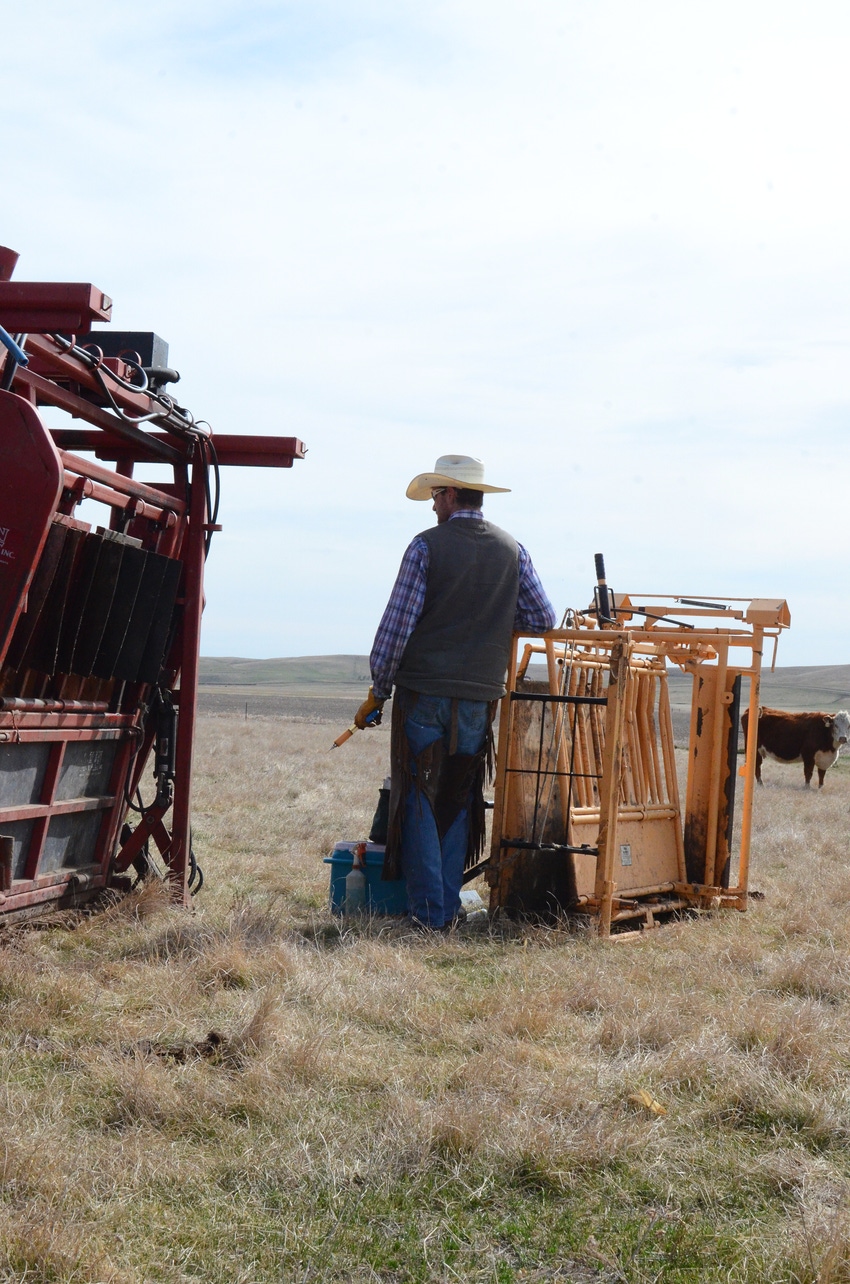For as long as there have been ranchers and farmers, being a good neighbor has simply been business as usual. It seems that nothing’s changed.
February 28, 2019

By Bruce Derksen
We in the cattle business are often busy people who tend to focus on our own lives to such an extent that we miss what is going on in the lives of others. But when we notice that a neighbor needs help, we do what needs to be done. When the need arises, we step up.
In the agricultural community, these types of actions are often “business as usual” and have been for as long as I can remember. When neighbors experienced a loss or had a need, farmers and ranchers would come together to lend a hand, bringing their families and equipment to help with seeding, harvesting or whatever task was required. And it wasn’t tied to returning a previous favor, but a natural reaction to anyone who could use a hand.
An example of this happened every spring at a feedlot where I was used to work, when we would help an older neighbor process his small group of cows and calves. I’m sure there was never a need for him to ask for help, it was just a case of us arranging a date when we would all show up.
This neighbor’s age and health really didn’t allow him to work his small herd alone any longer, so every spring we would set aside a few hours, fill a box full of medications and antibiotics, syringes, needles, disinfectants, dehorning and castrating equipment and anything else we could think of and with a purpose in mind, we would arrive at his farm.
My pen checker’s life could be very routine, but days like this offered a reprieve from the usual. Old Sonny, my trusted mount, would get a chance to stretch his legs in the wide-open spaces rounding up the small herd and I would get a break from the saddle to use some muscles I wasn’t sure still existed.
The basic design of our neighbor’s facilities were a couple of ancient pens and a small alleyway that led to a hand operated headgate wired to some half-rotten posts. Laying about in disarray were similarly rotten panels used as gates or to cover holes in the fences should the need arise, and there definitely was a need. Baler twine and wire were in greater quantity than actual nails.
His cow-calf herd was a very mixed group consisting of newborns to fall and winter calves from the season earlier, plus heifers as well as old cows surely on their last legs. Almost every color of the rainbow was represented with both wild and quiet animals sporting horns and hooves of varying lengths. A handful of familiar looking open females would be scattered within the mix, looking suspiciously like the ones he had promised to send to market during our last springtime visit.
Of course, due to the condition of the facilities and the variations of age, size and ailments of the animals, this task of processing calves and treating cows wasn’t a normal job, so a short huddle and a good plan was always in order before we began. As younger folks tend to do, the junior members of our crew were anxious to display their strength and would volunteer for wrestling the calves at the headgate. If any youngsters were inclined to be hesitant or shy to volunteer, they would be conscripted by those of us who considered ourselves older and wiser.
We would handle the syringes, drug bottles, ear-tagging, implants and dehorning if necessary, along with the obligatory assignment of castrating those in need. Although the day would begin in a disorganized, chaotic and semi out-of-control way, as everyone became more aware of their duties, the process would begin to run smoother. Before we knew it, all the calves, big and small, would be processed and ready for the summer. Likewise, the cows with curled up horns, ski hooves and pink eye would be treated and back with their babies.
All in all, we’d have a good day advancing the “one good deed doesn’t deserve another” cause for someone who needed it. We’d be dirty, tired and sore, but there was always something about voluntarily lending a hand that lifted the soul.
Obviously, there were financial and time costs to our own operation, but I don’t remember anyone in our crews ever grumbling or complaining about those days. Plus, our reasoning never hinged on whether the receiver of our good deed had provided help in our direction.
That wasn’t the tipping point. We just saw something we could do to help and did it. One good deed is just a natural thing.
Derksen is a freelance writer and feedyard pen rider in Lacombe, Alberta, Canada.
You May Also Like



